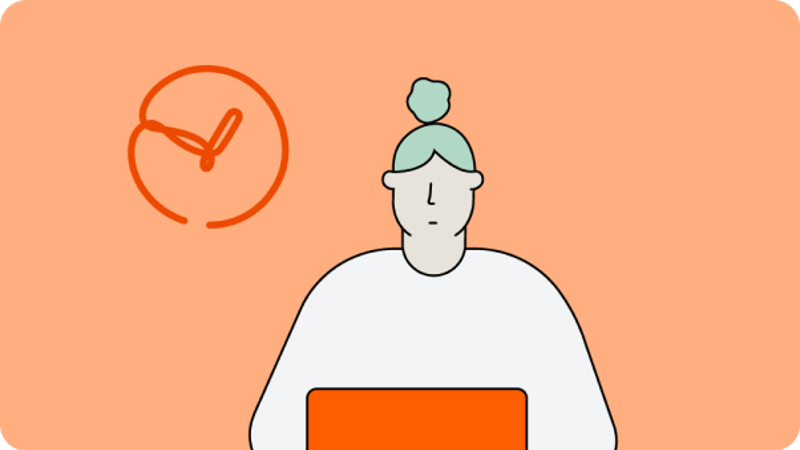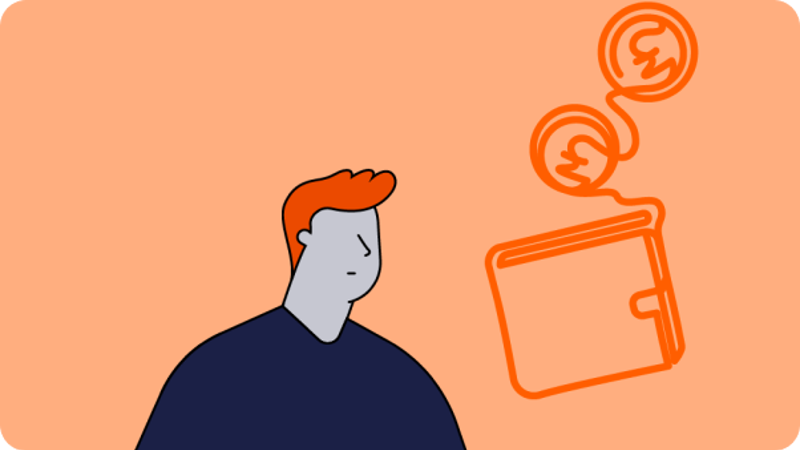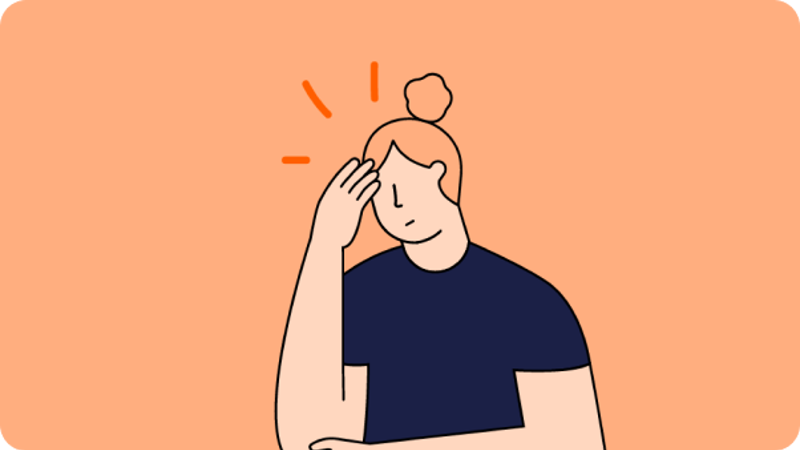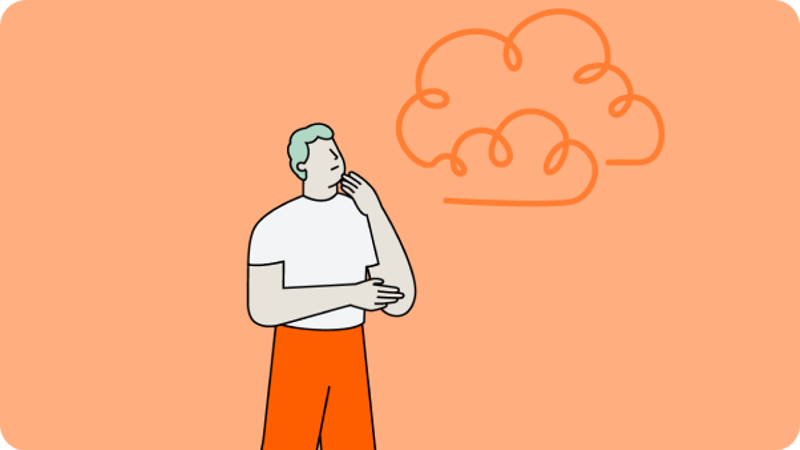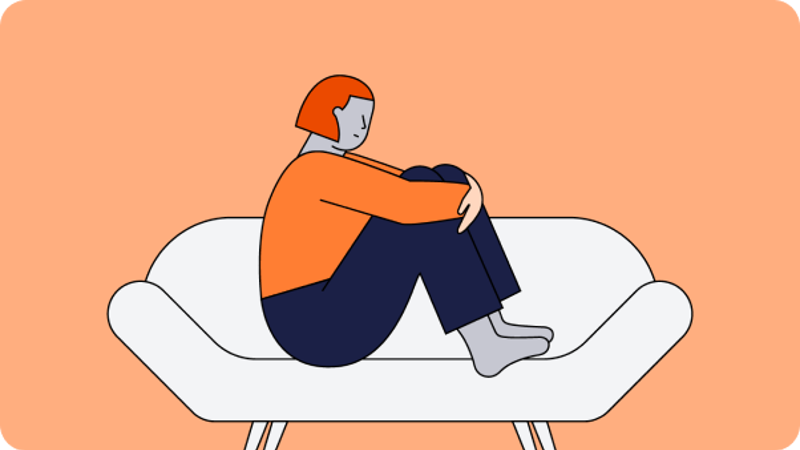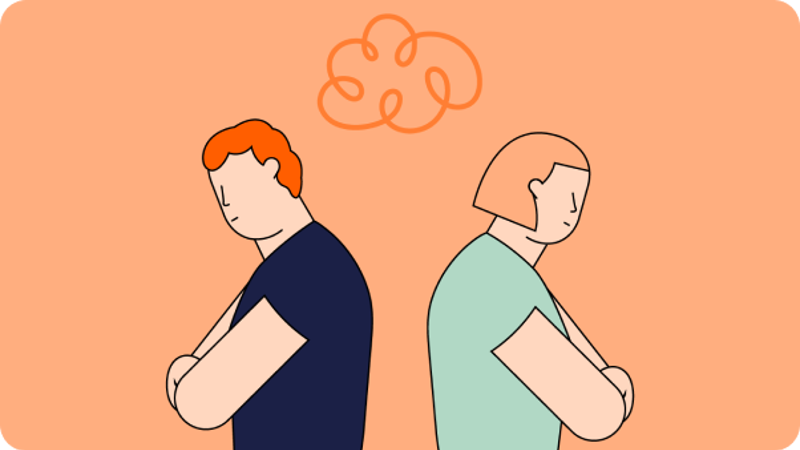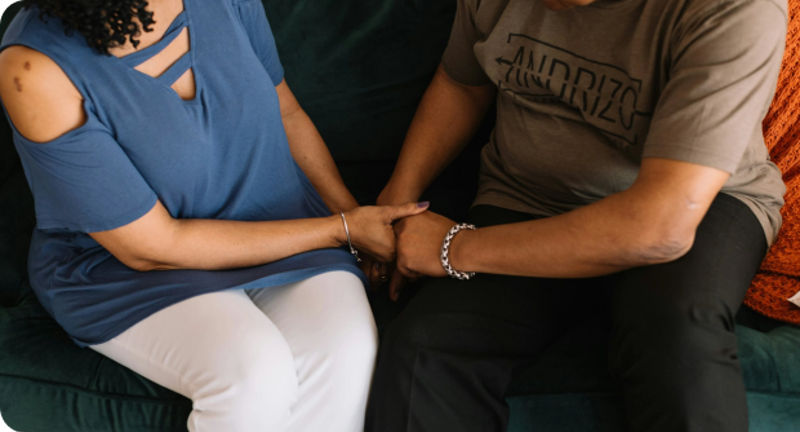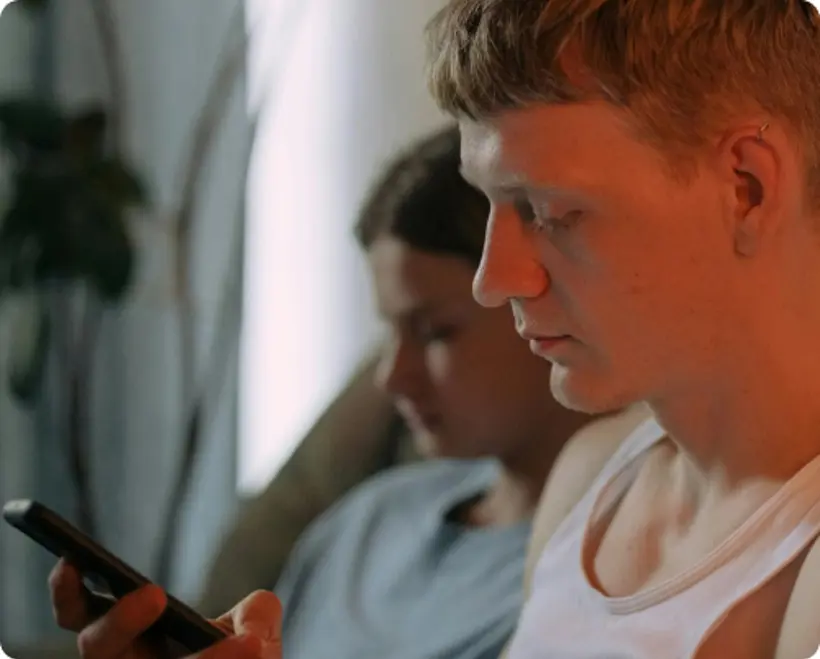The signs of gambling harms
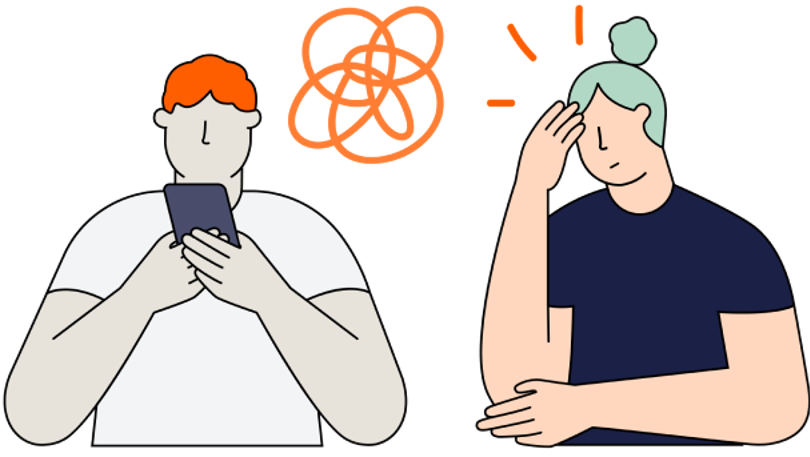
As anyone can experience problems with gambling, there is always a risk that it could become harmful.
Gambling harms can be anything that negatively impacts the life of the person gambling, or the life of those around them.
Gambling harms are often hard to spot. This means understanding the warning signs of problems with gambling is an important step towards getting the right support.

